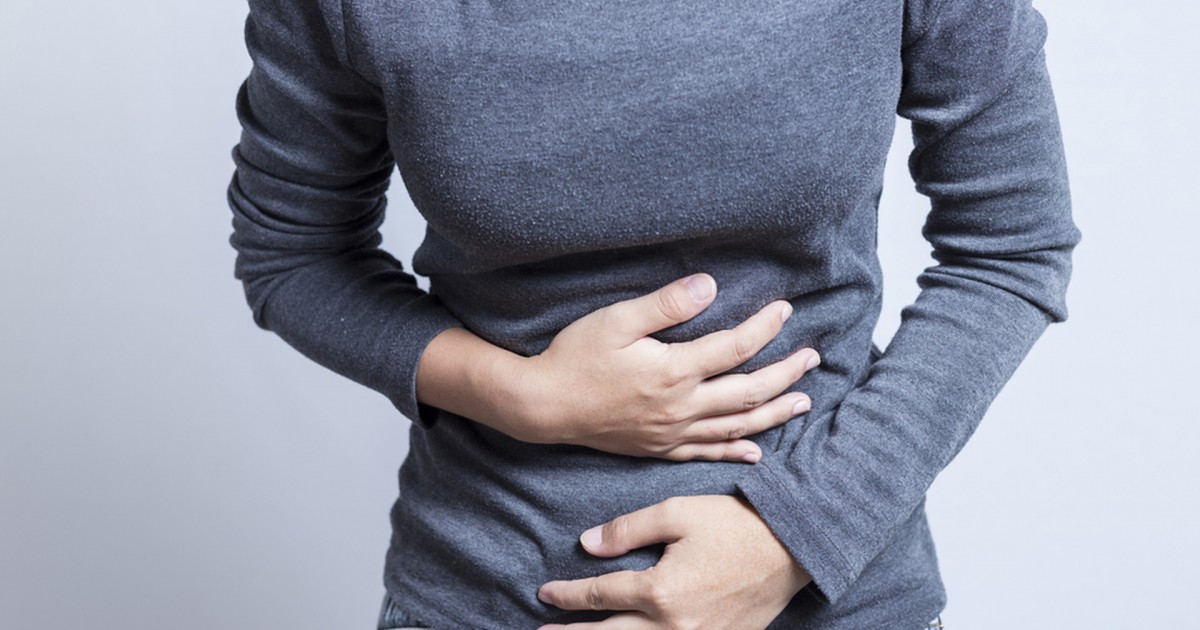Surviving colon cancer often depends on early detection, making a prompt diagnosis essential. Recognizing the warning signs before the disease progresses can significantly improve outcomes. If you’re curious about what colon cancer might look like, it’s important to be vigilant and aware of the early symptoms. By paying attention to changes in your body, you can identify potential red flags. Discover 10 key symptoms to watch for that could indicate colon cancer.
10. Trouble With Bowels
Diarrhea, constipation, irritable bowel syndrome (IBS), narrow stool, constipation, change in consistency of the stool, and other bowel-related issues can all act as early messengers of the onset of colon cancer.
Often, individuals later diagnosed with colon cancer will look back and see prior diagnoses that included IBS, colitis, constipation, or other issues associated with abnormalities in the bowel.
9. Feeling Fatigued or Weak
Colon cancer is predominantly marked by the appearance of polyps, or tumors, along the colon. Cancerous tumors can cause bleeding into the intestinal area, which can, in turn, cause anemia.
Loss of blood is often marked by feelings of dizziness, weakness, fatigue, exhaustion, and eventual respiratory difficulties. When accompanied by persistent feelings of coldness (even when it is warm outside), pale skin, sleeping more than usual and loss of interest in staying physically active, these can all be signs of the onset of colon cancer.
8. Unexplained Weight Loss
In a culture that often seems literally obsessed with losing weight, when it comes to colon cancer, weight loss is not something to strive for. When there’s a loss of weight or a loss of appetite (or both) that doesn’t seem to be linked to anything definitive, it may be linked to colon cancer. This is because colon cancer reduces the body’s efficiency at filtering out and eliminating wastes. The backup of waste matter in the body causes a biological slowdown to the appetite.
7. Stomach Distress
Everyone has trouble with gas and bloating sometimes. When issues with gas, bloating, cramping, discomfort, pain, nausea, or indigestion seem to become common or even chronic, this is a sign that requires additional immediate attention.
6. Pain in the Abdomen
Feelings of pain in the abdominal area can arise for all kinds of reasons, even more so for women who are still in their childbearing years and experiencing regular menstrual cycles. One of the main ways to tell the difference is if the pain doesn’t seem to go away on its own.
This pain may be caused by a tear in the intestinal tract or by an obstruction due to a cancerous polyp. It may also be caused by a nearby organ that is affected by the growth of cancer.
5. Blood in Stool
At some point in life, most people experience blood in the stool for a very common reason: hemorrhoids. But where hemorrhoids result from a bit too much pressure on the sensitive blood vessels near the anal area, the blood from colon cancer comes from a much different source.
If the blood in the stool is bright red, this generally indicates that it is coming from right near the end of the rectal area (it hasn’t had time to get discolored [i.e., darkened] by passage through the intestinal tract). If the stool begins to look much darker, or if the blood begins to look like a darker red color or even black, this can be an indication of bleeding somewhere further up inside the bowel, colon, or digestive tract.
4. Vomiting
Vomiting is something most people experience at some point for a variety of reasons. Vomiting can be a sign of colon cancer when a blockage in the colon leads to the backup of solids, liquids, waste matter, trapped gas, and bile, which can cause nausea that leads to vomiting.
3. Jaundiced Skin
Because the body’s blood supply circulates from the bowel to the liver, the organ that colon cancer most commonly spreads to first is the liver. As the cancer metastasizes (spreads) into the liver, it can block the bile ducts, causing the bile to re-enter the bloodstream. The bile is what turns the skin and often the whites of the eyes yellowish in color. The bile may also appear in the urine, turning it a darker yellow color.
If the skin itches, the stools are becoming paler in color, the urine is darker and the skin is tinged with yellow, these are all signs of jaundice that could be arising from a liver invaded with colon cancer.
2. Constant Feeling of Bowel Urgency
It can be very unpleasant to feel a near-constant need to have a bowel movement. This constant sense of pressure, of urgency, can begin to interfere with daily life activities and quality of life.
Whether there is pressure right after a successful bowel movement or pressure that never results in a bowel movement or something in between, it is vital to determine what is causing the feelings of urgency.
1. Unexplained Iron Deficiency Anemia
For colon cancer that develops first on the right side of the colon, iron deficiency that leads to anemia is often an early warning sign, more so than any detectable tumor growth or bowel obstruction.
Taking Action: Recognizing the Warning Signs
Colon cancer presents with a variety of symptoms that often mimic less serious conditions, making early detection challenging but crucial. From changes in bowel habits and unexplained weight loss to persistent fatigue and jaundiced skin, these signs should never be ignored. Awareness and prompt action are key—if you notice any of these symptoms, consult a healthcare professional without delay. Early diagnosis significantly improves treatment outcomes, offering a better chance of managing or even overcoming colon cancer.
